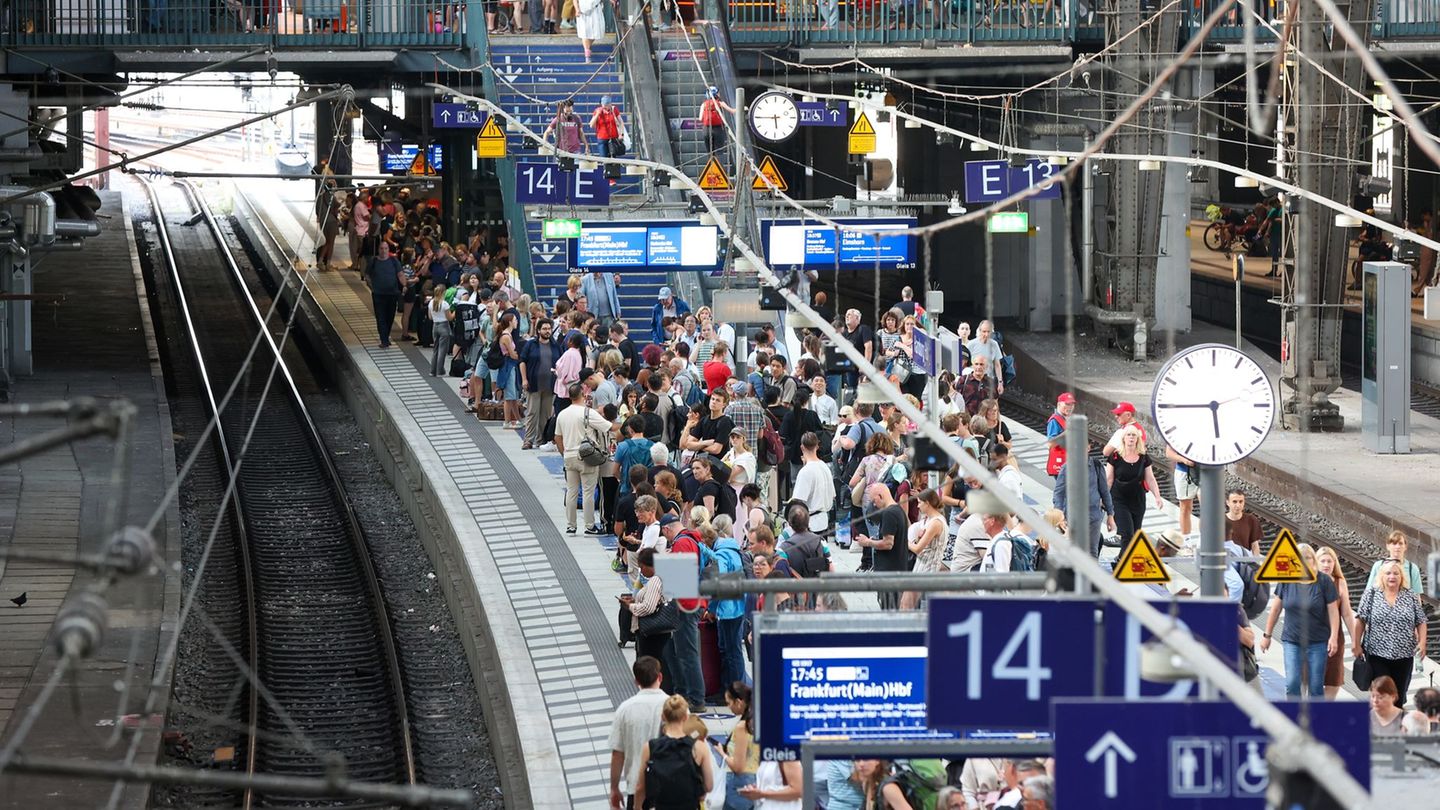Supreme judicial complaint for the EU Commission at the Baltic Sea tunnel. The European Court of Justice confirms a critical ruling on state aid for the billion-dollar project in the Fehmarnbelt.
The next stage in the legal dispute over the planned Baltic Sea tunnel between Schleswig-Holstein and Denmark: The European Court of Justice (ECJ) on Wednesday confirmed a ruling by the EU court on Danish state aid for the billion-euro project in the Fehmarnbelt.
The judge’s ruling from 2018 states that the EU Commission did not check carefully enough whether the aid was legal. Objections to this judgment were dismissed on Wednesday, as the ECJ announced in Luxembourg (cases C-174/19 and C-175/19).
Specifically, the ECJ dismissed both the ferry operators’ legal remedies against parts of the judgment at the time and the Commission’s objections. The Danish construction company Femern A / S and the State of Schleswig-Holstein rated the decision as a positive step on the way to realizing the major project. The preparatory work for the planned Baltic Sea tunnel continues, the legal dispute is being continued in a further process.
The shipping companies Scandlines Denmark and Scandlines Germany, supported by the alliance against a fixed Fehmarnbelt link and other shipping companies, had sued against state aid promised by Denmark and criticized the distortion of competition. The lawsuit was directed against the EU Commission, which did not intervene in 2015. In 2018, the EU court ruled the shipping companies right on important points.
Following the judgment of the EU court, the Commission has already initiated a more detailed examination, and the result of this examination has again been sued. A decision in this proceeding is still pending. The dispute could drag on for years.
In essence, it is about two decisions by the EU Commission. They concerned the support for road and rail connections in Denmark, the hinterland connection, and for the so-called fixed connection, the train and car tunnel between the German Puttgarden and the Danish Rødby.
A Scandlines spokeswoman told the German press agency that the decision was as expected. The focus of Scandlines is now on the approval of the EU Commission for 2020, which was initially contested by the Danish state and then by Stena Line and Scandlines.
When asked, the Danish Ministry of Transport initially did not comment on the judgment. A spokeswoman for the construction company Femern A / S told the dpa, “We are pleased that the lawsuit was dismissed as unfounded”.
Schleswig-Holstein’s Secretary of State for Transport, Thilo Rohlfs, spoke of good news. “This means that another hurdle has been overcome on the Danish side on the way to the fixed Fehmarnbelt link.” This is an important sign for the major project. “In this way we are moving a little closer to this important trans-European connection.”
According to Femern A / S, around 60 workboats are currently in use in the Fehmarnbelt. On the Danish side, work began on digging the 18-kilometer tunnel trench at the beginning of July. This work is now also ongoing on the German side.
The road and rail tunnel is expected to connect the Baltic Sea island of Fehmarn with the Danish island of Lolland as a fixed Fehmarnbelt link from 2029. Denmark alone has to pay for the construction costs of an estimated 7.1 billion euros. Germany bears the costs for the road and rail connection on the German side in the amount of an estimated 3.5 billion euros.
According to Femern A / S, the so-called work harbor at Rødbyhavn on Lolland should be ready by the end of the year. According to Femern A / S, the future entrance to the tunnel can already be seen on the Danish side. The excavation pit has been dug there and the shell is being prepared for the portal building. Work on the factory in which the individual elements of the so-called immersed tunnel are to be manufactured is therefore already in progress. The first segment is to be relocated in 2024.
Jane Stock is a technology author, who has written for 24 Hours World. She writes about the latest in technology news and trends, and is always on the lookout for new and innovative ways to improve his audience’s experience.




